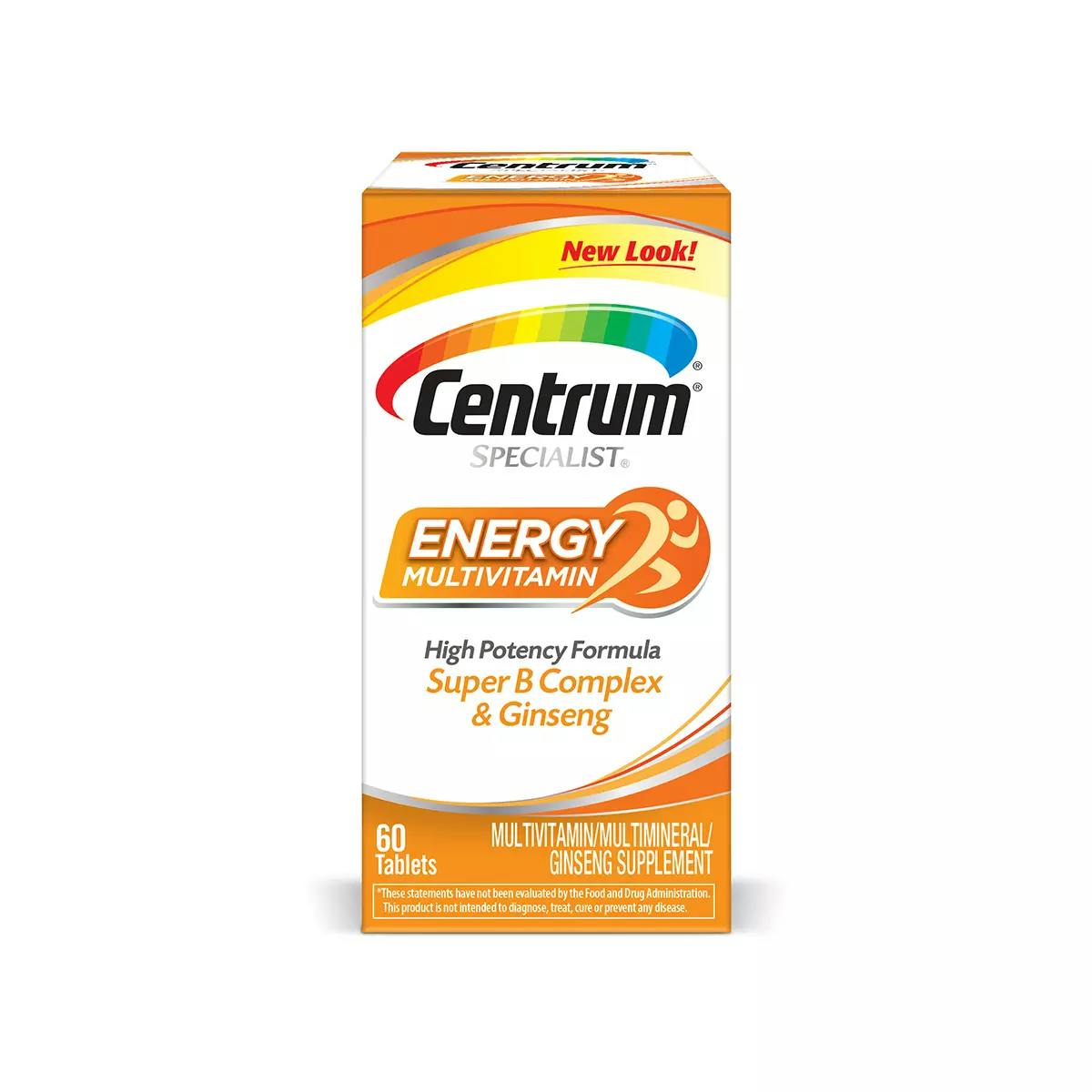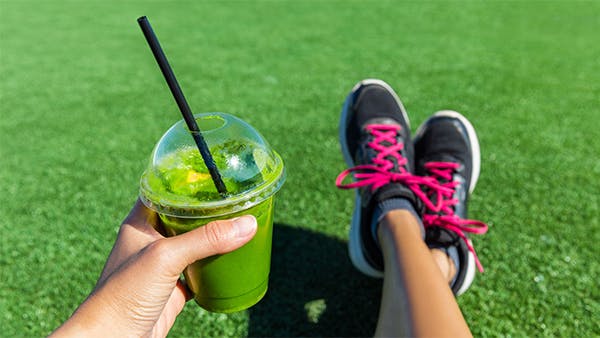Strategies to Support Brain Health
Contributed by Valerie Latona
When you enter vacation mode, your brain takes a much-needed hiatus from work or school. But post-vacation, you’ll want your brain firing on all cylinders. Here are some strategies to support your ability to focus, remember, and reason.

Maintain Good Health
If there is a most important organ, it’s the brain. The brain solves problems, stores and retrieves memories, directs your body to breathe, blink, and digest food, and much more.
Protecting your brain with overall good health can pay off by promoting heart health, too. Research shows that controlling risk factors linked to heart disease, including obesity, high blood pressure, and diabetes, helps preserve brain function.
Regular exercise also promotes brain “fitness.” Physically active adults are less likely to experience age-related declines in thinking, learning, and judgment skills, according to the 2018 Physical Activity Guidelines for Americans. Most healthy people need at least 150 minutes a week of moderate-intensity activity, such as brisk walking.[1]
Feed Your Head
A balanced diet with the right number of calories helps reduce the risk for the conditions that can harm the brain. Certain nutrients come to mind for supporting brain health, too:
- Antioxidants: Vitamin C is a powerful antioxidant that helps protect brain cells by reducing free radical damage—harmful forms of oxygen formed in the body. Free radicals are responsible for oxidative stress, which affects brain health.
While researchers continue to study antioxidants, one thing is clear: it’s important for our health to satisfy the suggested daily intake for vitamin C, and to reap the benefits of other antioxidants, which are plentiful in fruits, vegetables, and whole grains.
- B vitamins: Several B vitamins support brain function. For example, thiamin and riboflavin are involved with central nervous system function, and pantothenic acid participates in the production of acetylcholine, a brain chemical that helps brain cells “talk” to each other.
Studies show that vitamin B12 deficiency can lead to muscle weakness, vision problems, and mood disturbances. People over the age of 50 may not absorb as much naturally-occurring vitamin B12 from food as younger people, and people who avoid animal products may have inadequate intakes of vitamin B12. Look for fortified foods and dietary supplements to help satisfy vitamin B12 needs.
- Omega-3 fats: Omega-3 fats support the structure of brain cell membranes. Seafood is an excellent source of these unsaturated, heart-healthy fats. The 2015 Dietary Guidelines for Americans recommend eating at least eight ounces of fish weekly to get the omega-3 fats you require. If you don’t eat that much fish, you may need an omega-3 dietary supplement.
- Water: Dehydration can ruin your concentration and may cause confusion. So it’s always a good idea to drink more water. The recommended daily intake of fluids varies from person-to-person, but it’s not a bad idea to carry a water bottle and remember to fill it up.
Alongside these essential vitamins and minerals, a brain-healthy diet should also have a good amount of protein from meat, poultry, fish, eggs and soy products if you’re on a plant-based diet. Protein supports brain health by providing amino acids to support the central nervous system and the brain’s production of neurotransmitters and neuromodulators.
Your brain is your central processor for all voluntary and involuntary functions. Treat it with a nutrient-rich diet so it remains in good working condition as you age.
Valerie Latona, former editor-in-chief of Shape and healthy living advocate, has inspired millions of women to live a healthy, fit. and confident life.











